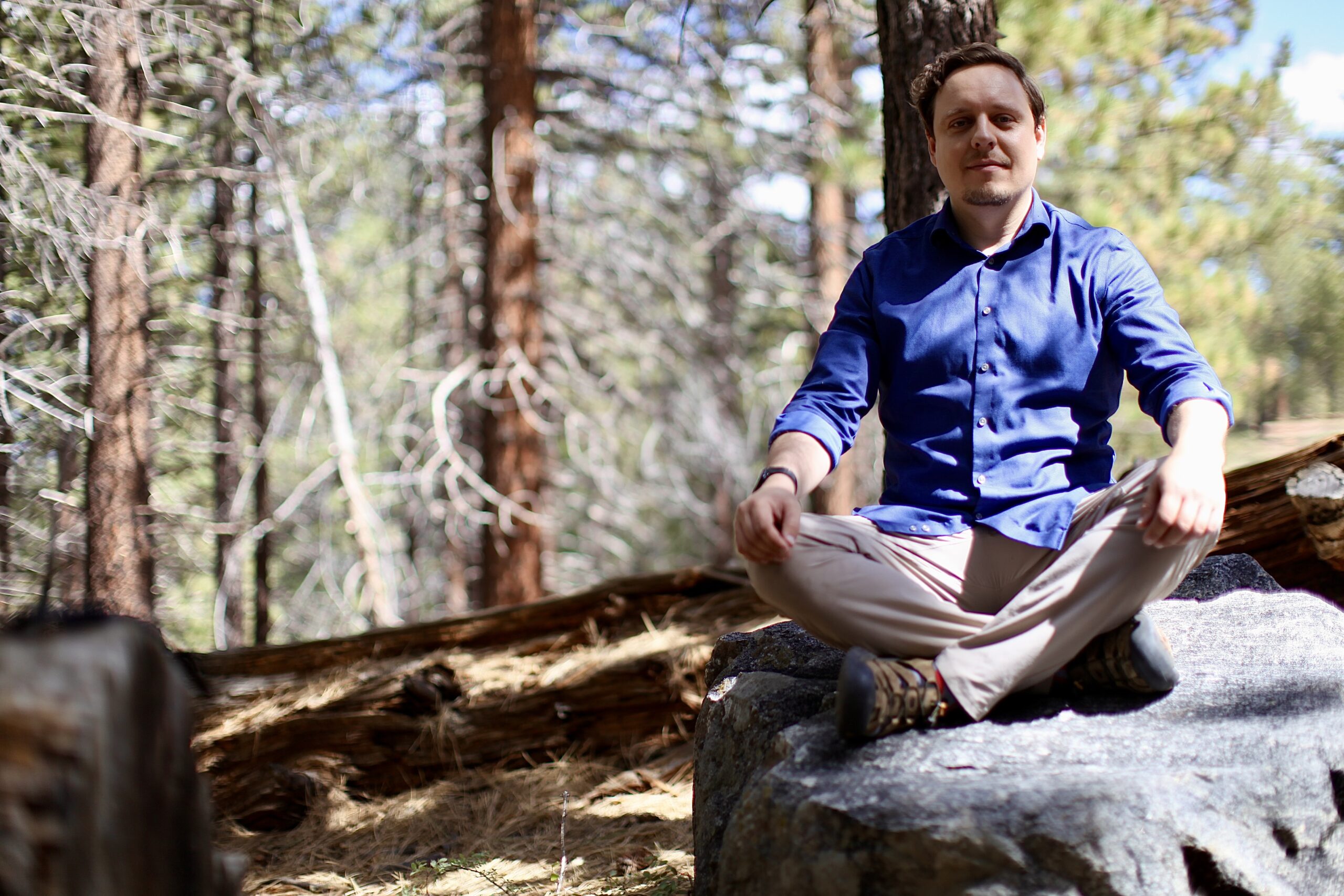“True strength, and growth, comes from going into what is uncomfortable. This is one task of the masculine principle.”
-David Eshleman
Are you a man carrying the “grief of women?” Maybe you hold an internalized sense of shame, guilt and fear towards how you might be perceived by the opposite sex. Maybe you try to compensate for this by always being the nice guy, putting yourself and your needs last, after everyone one else,until you have become so resentful and passive agressive you become the very thing you strove to avoid. Unfortutely, this gets you in trouble and never works out quite how you had hoped.
You’ve probably had a few people, mostly women, tell you to try therapy, but the idea of it just never appealed. You’d rather listen to podcasts, or join a gym or martial arts class, then sit and talk about your feelings. I get it. Therapy is tradionally assocaited with the femine principle and the “inner space”.
The masculine principle is concerned with the outer world and the mission, not the inner world. For those, usually men – but sometimes women and others, with a strong masculine principle, issues of emotion, intuition, nurturance and care are difficult. Action is prefered to talk, and therapy may not seem like the most productive place to be.
There is a unique grief that men carry. Whether it is shame from past mistakes, the damage of the “shadow masculine” over the years toward women and children, the loss of initiation and guidance from old men, or the fear of causing women discomfort, there is a degree of mens healing that can only happen with other men.
How nice would it be to have a place to go to that is more than just talking about feelings, but a place to go to learn how to be better, receive good modelling on being a man, consider new ideas, and navigate showing up in relationship? Supported by a therapist with a mans perspective that has done, and is continuing to do, the work.
“Our story gives a teaching diametrically opposite. It says that where a man’s wound is, that is where his genius will be. Wherever the wound appears in our psyches, whether from alcoholic father, shaming mother, shaming father, abusing mother, whether it stems from isolation, disability, or disease, that is precisely the place for which we will give our major gift to the community.”
Robert Bly

